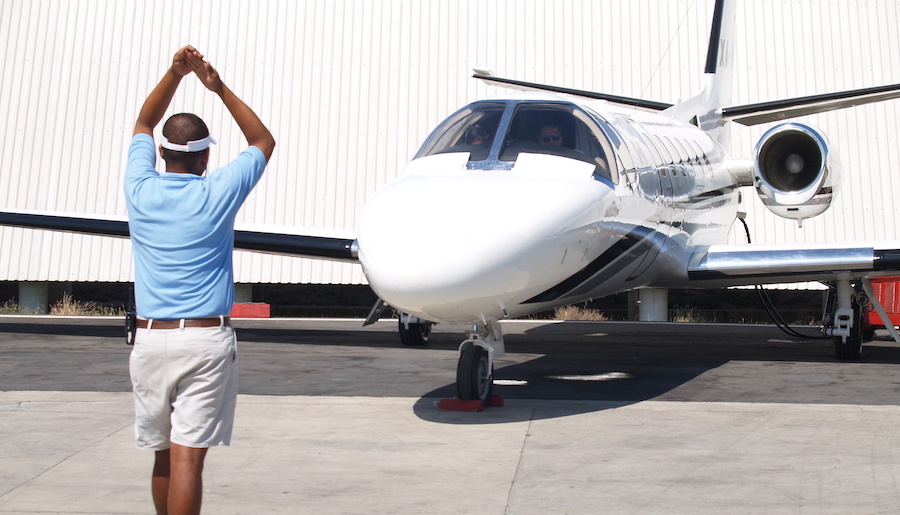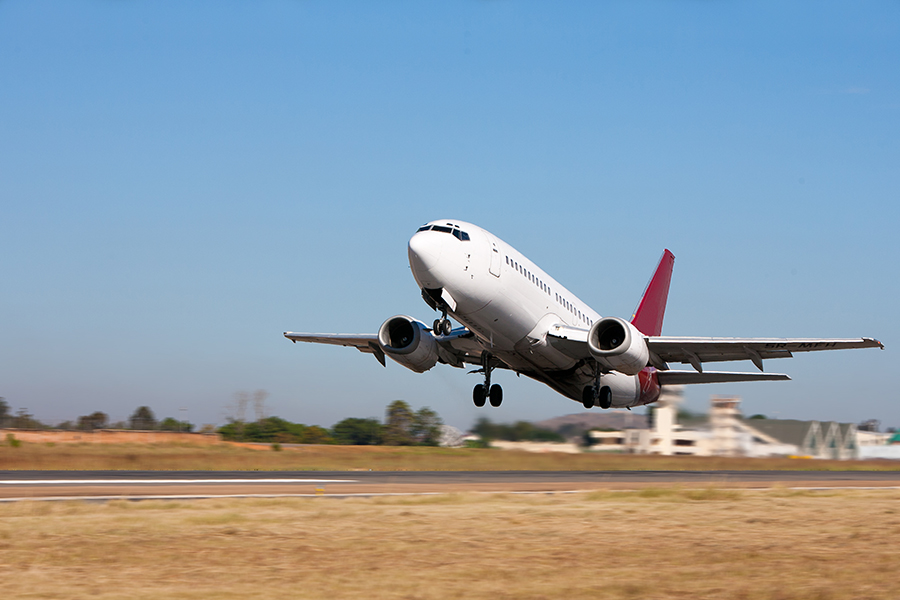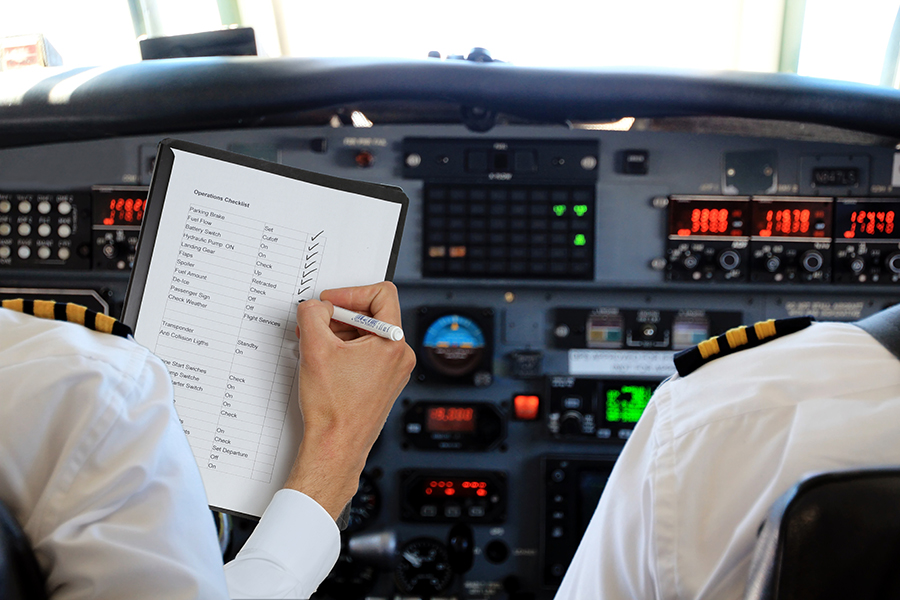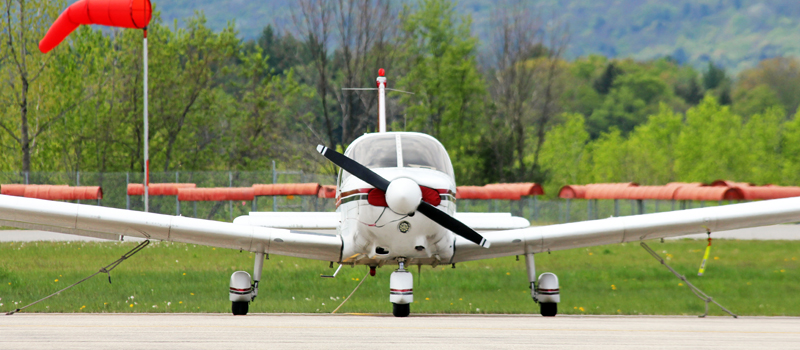FBO is an acronym used within aviation to refer to a Fixed Base Operation or Fixed Base Operator. While many people have heard the term, they’re often unclear on its meaning, the services offered, and how they work.
The phrase harks back to the post-WWI glory days of aviation in the US when surplus military aircraft were inexpensive to buy, and flying was an emerging industry. Aviation was largely unregulated, and pilots would make a living flying from town to town. They would land in farm fields and offer rides, sightseeing trips, and aerobatic displays for payment.
This practice, known as barnstorming, saw small groups of pilots, mechanics, and support crews traveling across the country, always on the move. However, as a pilot’s income depended on bravado and daring, accidents were common. In the mid-1920s, the government began regulating aviation by applying airworthiness, licensing, and training standards.
By 1926, barnstorming was in serious decline due to the new rules. Mechanics and pilots established facilities in airports to enable them to offer the same services to their clients as they had previously, but from a fixed location. Fixed Base Operation became a marketing differentiator to the early barnstorming days, suggesting stability, reliability, and safety.
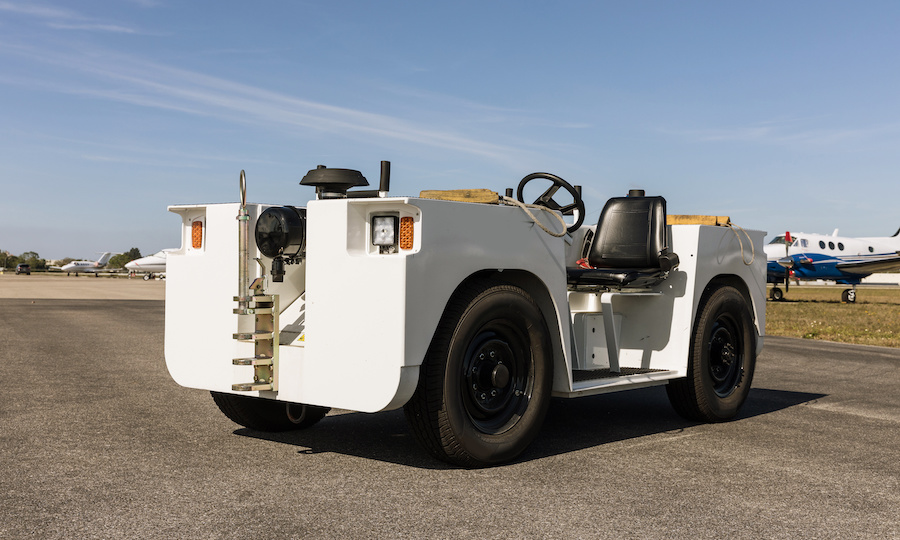
FBO Services
The FAA defines an FBO as “a business granted the right by the airport sponsor to operate on an airport and provide aeronautical services.” Originating in the US, the term is becoming accepted worldwide to describe such businesses.
Airports are often government-owned or run by private companies, providing services to mainstream air transport. However, there are many users of an airport besides large-scale airlines, with all requiring support. A private FBO operator usually leases a facility from the airport authority for a fixed term and provides aviation services to those other operators.
Most of us know FBOs from the movies, where the super-rich are chauffeur driven to the steps of their aircraft, settling themselves in leather-clad luxury while minions stow their bags. These FBO provide support to transiting business jets, and their services vary considerably but encompass all those needed to meet the needs of the aircraft, passengers, and crew. Typical services include:
- Refueling
- Bag transfer and loading
- Comfortable passenger lounges
- Restaurant services and aircraft catering
- Flight-planning offices
- Car-hire/courtesy car support
Additional services may encompass aircraft maintenance, parking, hangarage, and passenger customs clearance. While most business jet companies contract with an FBO to provide these services regularly, ad-hoc or one-off use is available to operators.
Yet, despite the glamor of the luxury market, all private operators inside an airport perimeter meet the definition of FBO. Maintenance services, flight training, aerial topdressing, aircraft rental, sightseeing tours, and conference facilities are fixed base operations. If you work or play within the aviation industry, you will have used the services of an FBO at some stage.
The FBO industry today
FBOs have come a long way since their inception in the 1920s, once small mom-and-pop operations dotted across the US offering fuel, maintenance, and services to aviation and the traveling public.
Today, the growth in aviation and air travel has spawned an explosion in an FBO industry geared to the needs of business travel and corporate jets. Two businesses dominate as an example of scale, with Atlantic Aviation owning almost 70 FBO across the US. Atlantic’s rival, British-owned Signature Aviation, owns more than 200 FBOs worldwide. In 2021, Signature Aviation accepted a purchase offer that valued its global business at $4.6 billion.
The worldwide FBO population is approximately 6,500, comprising a mix of large FBO chains and independent operators. Of this number, less than 2% post annual revenues exceeding $25 million, with 85% under $10 million and 65% under $1 million. The business models differ by region, with the domestic FBO market in the US being sustained primarily by fuel sales. Internationally, the majority of FBO revenue is provided through aircraft handling charges.
The FBO industry has been maturing for some years, with considerable consolidation as large operators buy out smaller independent FBOs or the less efficient operators close. Post-pandemic, you might think that the industry is in decline, and there’s no doubt that the industry has been hit hard. In 2020 global business aviation use declined 65% over 2019 figures.
However, reduced commercial operations by airlines have since pushed many business travelers to seek reliable, alternative arrangements. While the corporate jet market is still slow, charter and fractional share operators are seeing increased activity from a new range of clients.
While the upturn is good news, in the past decade, many airport operators have required multi-million dollar developments in return for long-term leases. With the drop-off in air travel through the pandemic, the significant financial leverage carried by some operators could yet force closure, with infrastructure investment firms alert for opportunity.
Summary
The large FBOs of today may not resemble the businesses from yesteryear. However, travel to your local airfield, and you’ll still find the small FBOs that train new pilots, maintain your aircraft, or offer sightseeing trips around the area. Call me an old romantic, but I like the fact that they still carry on a tradition that began one hundred years ago with those daring men and women known as barnstormers.
